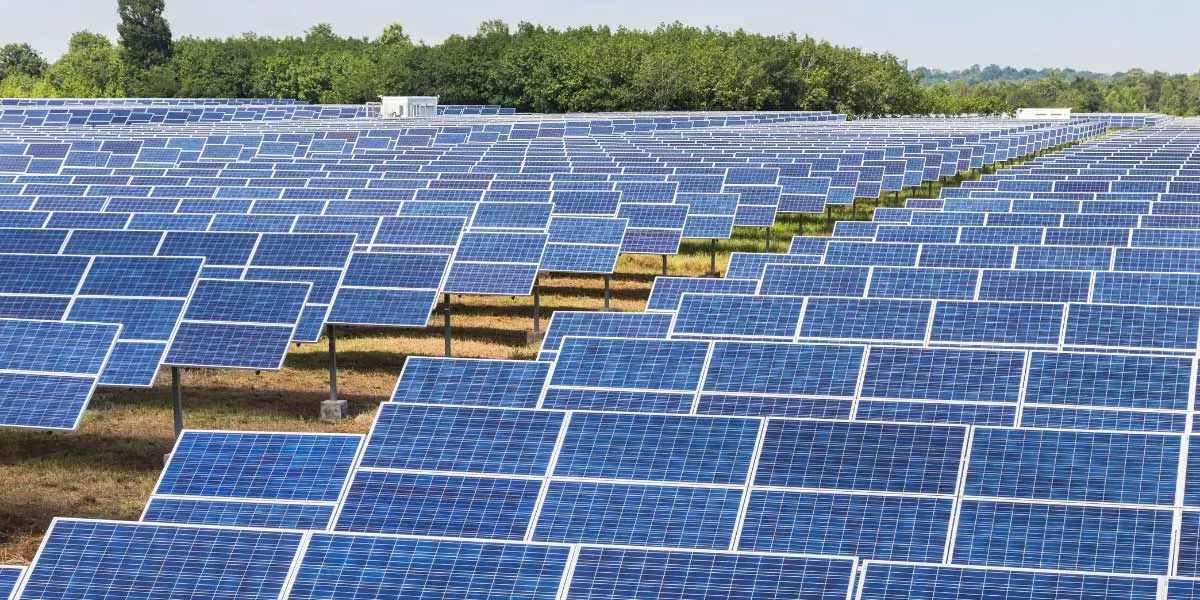
India Targets 500 GW Non-Fossil Power Capacity by 2030

TARIL Q3 FY26 Revenue Jumps 32% to Rs 7.36 Bn, Profits Surge
Transformers & Rectifiers (India) (TARIL) reported a robust financial performance for the third quarter ended December 31, 2025, posting strong growth across revenue and profitability metrics. The company, a leading manufacturer of power and specialty transformers, benefited from improved operating leverage, disciplined execution and ongoing process optimisation initiatives.During the quarter, TARIL recorded consolidated revenue from operations of Rs 7.36 billion, marking a year-on-year growth of 32 per cent. EBITDA stood at Rs 1.29 billion, up 38 per cent year-on-year, while profit after ..

Green Power International Wins 384 TKM Rail Electrification Deal
Green Power International has secured a 384 track kilometre (TKM) overhead electrification contract from South-Eastern Railway for the Adra Division, further strengthening its presence in India’s railway electrification segment. The project involves upgrading the existing electric traction system from 1x25 kV to 2x25 kV on key routes within the division.Under the contract, Green Power International will undertake the design, supply, erection, testing and commissioning of the upgraded traction system for the Asansol–Adra–Bhojudih–Dhanbad section. The scope of work will be executed in ac..

Powerplay Rolls Out Procurement-Linked Credit for Contractors
Powerplay has announced the launch of Powerplay Credit, a project-linked working capital solution aimed at easing cash flow pressures faced by contractors during active construction execution. The solution has gone live across key markets in South India, with a wider national rollout planned for 2026.The launch comes amid rising activity in India’s construction sector across infrastructure, housing, industrial corridors, renewable energy and urban redevelopment. Contractors executing large corporate and government projects often face extended payment cycles, stage-based billing and delayed r..
















